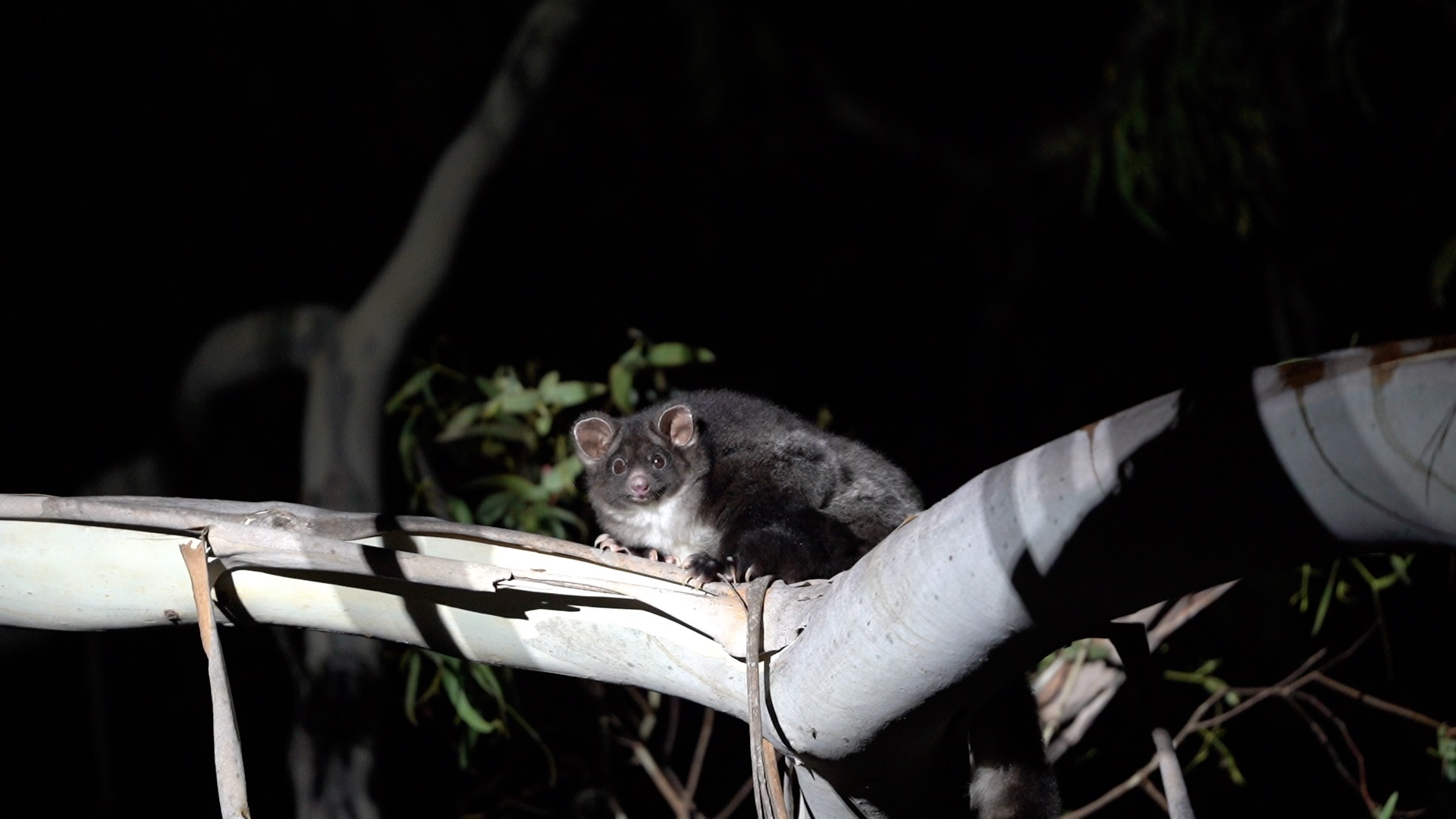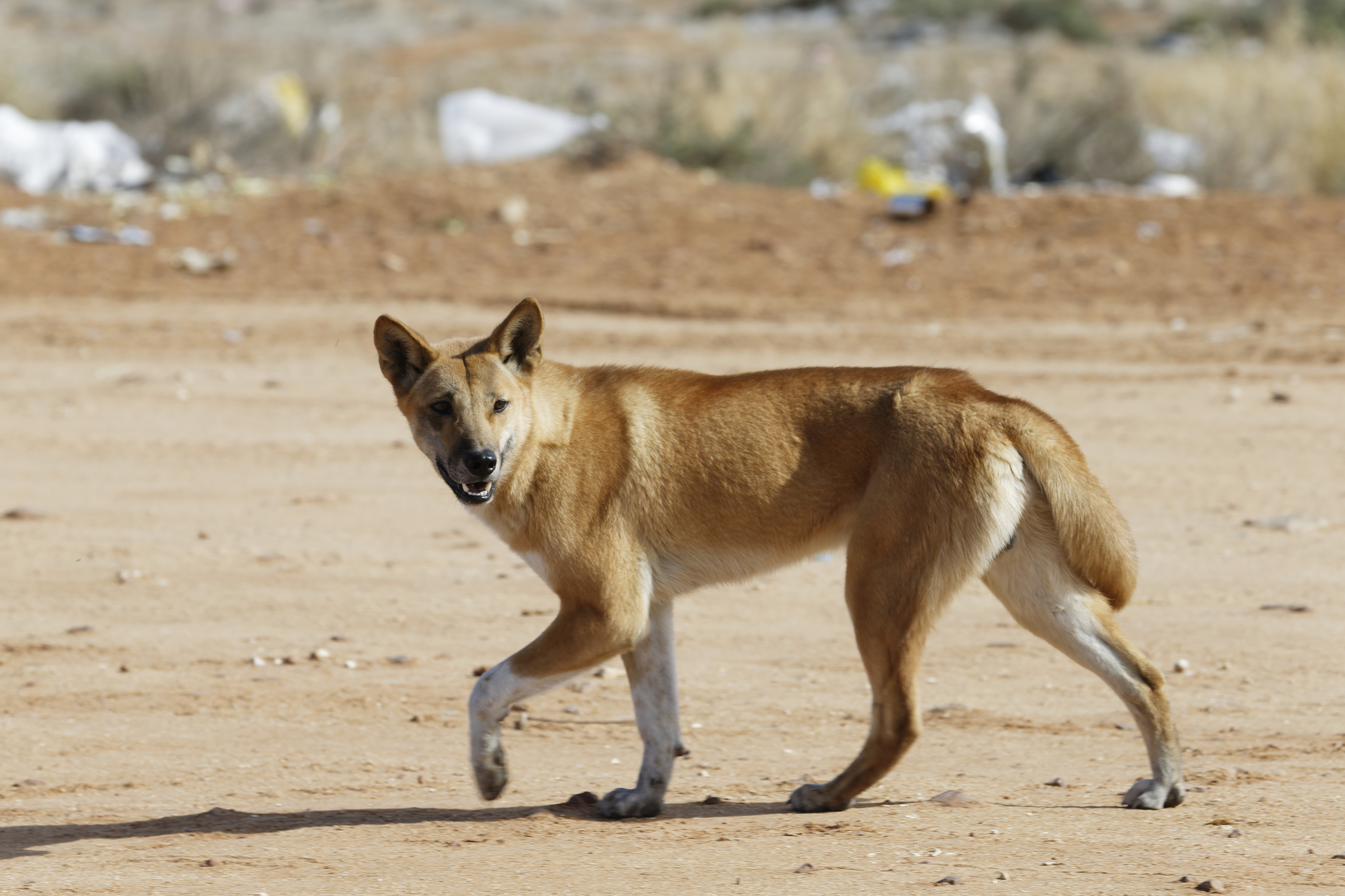Five hours south of Sydney, in the high country of south-east New South Wales, Glenbog State Forest sits quietly on the edge of the escarpment. At first glance, it looks like many other native forests. But Glenbog is not just any forest. It is one of the few remaining high-elevation “cloud forests” in southern NSW. These are places where geography...
We have proudly supported the work of the Turtle Conservation Fund for many years and have contributed to a huge variety of research projects around the world designed to help ensure the long-term survival of freshwater tortoises and freshwater turtles.
Our latest contribution is supporting the post-release monitoring of confiscated Big-headed turtles in Myanmar.
These animals live in the mountainous regions of Southeast Asia and are considered Critically Endangered by the IUCN because of demand as an exotic pet in wildlife markets in China.
In recent years there has been an alarming and dramatic up-turn in the number of Big-headed Turtles being smuggled out of Myanmar.
Efforts by Myanmar law enforcement authorities to stem this illicit traffic resulted in several large confiscations in 2016 and again in late 2017.

These animals live in the mountainous regions of Southeast Asia and are considered Critically Endangered by the IUCN because of demand as an exotic pet in wildlife markets in China. Image: Turtle Survival Alliance
These confiscated turtles are currently being rehabilitated at the Turtle Rescue Centre (TRC) run by the Turtle Survival Alliance and Wildlife Conservation Society in Bambwe.
While turtles seized from trade are often repatriated into the wild, very little is known about their survival rates after release.
This project will take 10 of the rescued turtles and tag them with a microchip and a VHF transmitter. They will be individually housed in small streamside pens for about 30 days prior to release as part of a soft-release allowing the animals to adapt to their new environment in safety.
Monitoring will commence immediately upon release and continue for the life of the transmitter batteries which should be between one year and 18 months.

The confiscated turtles in Myanmar are currently being rehabilitated at the Turtle Rescue Centre (TRC) run by the Turtle Survival Alliance and Wildlife Conservation Society in Bambwe. Image: Turtle Survival Alliance
We hope to bring you good news when the results of this project come in and are certain it will help to inform future rehabilitation and release efforts of confiscated turtles.
Wild animals should never be pets and HSI works around the world to stem this deadly trade which is decimating so many species especially birds and reptiles.
If you ever see animals in wildlife markets report it to authorities—chances are that many species are being illegally sold.


